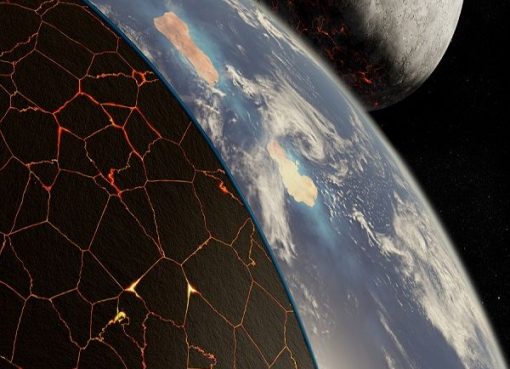The projections and anticipation of promoting Africa’s huge gas potentials,especially, taking advantage of gas demand by European nations following supply gap from ongoing Russia/Ukraine, is being threatened.
This is as TotalEnergies, along with Italy’s Eni and the UK’s BP and Shell, have been at the vanguard of securing new oil and gas supplies for Europe to substitute for lost energy supplies from Russia since its invasion of Ukraine in February 2022.
After identifying huge gas deposits in Africa and the need to take advantage of the opportunities, analysts said, the continent will need investment to meet Europe’s growing demand.
Africa accounts for around 20 per cent of Europe’s gas imports and it was predicted that energy-rich Nigeria may be best positioned for an export windfall.
The focus of these efforts has been on liquefied natural gas (LNG), as it can be bought and transported quickly and does not require the time- and capital-intensive build out of infrastructure needed to move gas supplies through pipelines. In this sense, LNG was, and remains, the emergency energy of the new global oil market order.
The French oil and gas giant continues to secure such new supplies and to cement the presence of European energy firms in the Middle East, as evidenced again by two key developments in recent days.
The first of these is a three-year US$1-1.2 billion LNG supply agreement, beginning this year, made with the Abu Dhabi National Oil Company (ADNOC).
The ADNOC Gas’s chief executive officer, Ahmed Alebri, accurately summed up the broader significance of the deal, saying, it represented part of a long-term strategic partnership with TotalEnergies. In these wider terms, the seven-emirate UAE (of which Abu Dhabi remains the key energy source), had been earmarked by the U.S. and its allies as a key future energy, economic, and political partner prior to the Russian invasion of Ukraine.
This was evidenced by its being the first country to sign a ‘relationship normalisation’ deal with Israel on 13 August 2020.
These deals were a key part of the U.S.’s response to the expansion of Chinese and Russian influence in the Middle East after Washington had unilaterally withdrawn from the Joint Comprehensive Plan of Action (JCPOA, or colloquially ‘the nuclear deal’) with Iran in May 2018.
In the aftermath of this withdrawal, Israel had become increasingly sure that Iran was no longer ‘years’ away from being able to create a nuclear weapon but rather just ‘weeks’ away – around three weeks away, to be exact. Those around the then-U.S. President, Donald Trump knew that any escalation by Israel against Iran could be a catalyst for a broader conflict across the entire Middle East. This could eventually draw China and Russia into the conflict, in direct opposition to the U.S., and was a conflict scenario in war planning on all sides that almost inevitably led to global nuclear war.
The U.S. intention for the UAE in the relationship normalisation deals plan was for it not just to act as a beacon for other Arab countries to sign such deals but also for it to be used for Washington’s new global oil market model for Middle Eastern countries allied to the West.
The U.S. would ensure massive investment into such countries by its big oil firms, which would require increased on-the-ground presence of U.S. personnel in them to safeguard the assets.
Source: leadership










